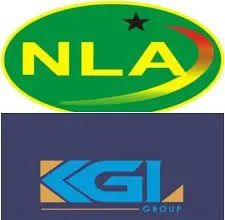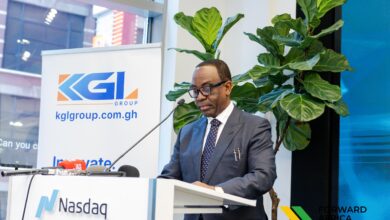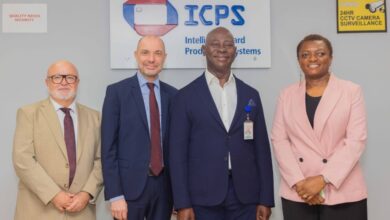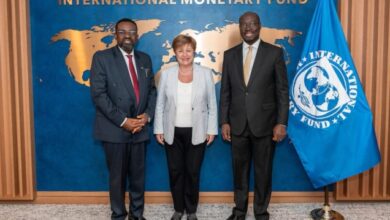NLA Did Not Pay GH₵37m Profit to State in 2018

Policy analyst and leading voice in Ghana’s lotto industry, Dr. Razak Kojo Opoku has refuted a recent claim published by The Fourth Estate alleging that the National Lottery Authority (NLA) paid GH₵37 million in profit to the state in 2018.
According to Dr. Opoku, the assertion is “absolutely false,” stressing that NLA did not declare or pay profit in that year, let alone GH₵37 million.
“It is absolutely false that NLA made a profit of GH₵37 million for the state in 2018. The Fourth Estate lied,” Dr. Opoku stated.
He questioned how an institution could claim profitability when it was still indebted to key stakeholders such as National Lotto winners, Lotto Marketing Companies (LMCs), and Technical Service Providers (TSPs).
“How do you make a profit as a company when you haven’t finished paying winners of the national lotto, paying commissions to LMCs, and settling outstanding fees to technical service providers in 2018?” he asked.
Dr. Opoku clarified that in 2018, NLA rather transferred GH₵33.9 million (GH₵33,927,000) to the state through the Consolidated Fund and not as profit, but as part of its statutory obligations. He noted that this transfer occurred at a time when the Authority was still managing significant debts.
Addressing claims related to the NLA-KGL partnership, Dr. Opoku emphasized that the provisional deal was only signed in November 2019 and could not have impacted NLA’s 2018 financial performance.
Turning to the figures for 2019, the first year of the NLA-KGL agreement — he stated that the Authority transferred GH₵16.9 million (GH₵16,962,000) to the Consolidated Fund.
He attributed the drop to several factors, including: High winning ratios exceeding 80%, COVID-19’s impact on sales from lotto kiosks, increased number of NLA employees, Payments to technical service providers and LMCs and a surge in illegal lottery operations nationwide.
For historical context, Dr. Opoku also referenced 2014 data, revealing that the NLA transferred GH₵11.8 million (GH₵11,850,000) to the Consolidated Fund during that year — well before the KGL partnership existed.
“Was KGL operating in 2014 too?” he questioned, suggesting that critics including The Fourth Estate and Media Foundation for West Africa’s Executive Director, Sulemana Braimah, should revisit the facts.
Dr. Opoku concluded by calling out what he described as misinformation from “agendapreneurs” and urged the media to maintain objectivity and factual accuracy in public discourse.



